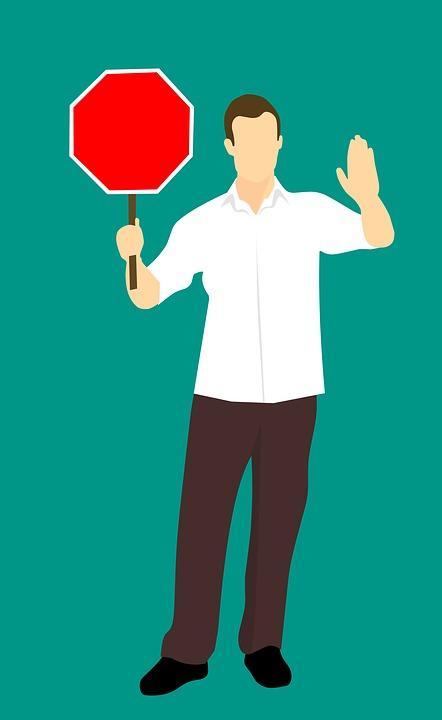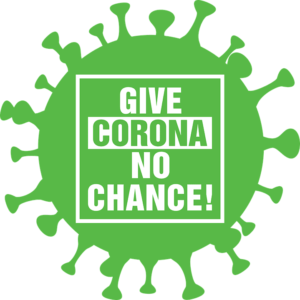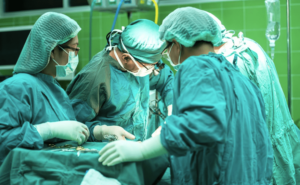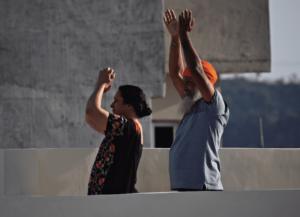Dr. Michael Grossman emphasizes the significance of regular medical check-ups to maintain health and vitality. He introduces the concept of aging as a chain of interconnected factors, each needing attention to ensure overall well-being. Key points he discusses include:
- Hormone Replacement Therapy: Dr. Grossman underscores the importance of hormone replacement therapy for both men and women as they age. For men, he highlights the need to replace testosterone, DHEA, and growth hormone to counteract declines associated with aging. For women, he discusses the rapid hormone loss during menopause and the benefits of replacing hormones such as estrogen. He suggests hormone testing, including blood tests, saliva tests, or 24-hour urine tests, to identify hormone imbalances that need addressing.
- Arterial Health: Aging can lead to arterial stiffness and hardening, contributing to health issues like high blood pressure and heart disease. Dr. Grossman mentions tests such as arterial stiffness measurement, carotid artery ultrasound, coronary artery CT scan, and angiograms to assess arterial health and detect potential clogging or hardening. He also discusses treatments including prescription medications, nitric oxide supplements, aged garlic, and high-quality fish oil to address arterial health.
- Inflammation: Dr. Grossman identifies inflammation as a root cause of various health problems associated with aging, including heart disease, cancer, and autoimmune conditions. He recommends the use of the highly sensitive C-reactive protein (CRP) test to measure inflammation levels. He emphasizes the importance of holistic approaches, including identifying food allergies, balanced gut health, and proper nutrition to reduce inflammation.
- Prediabetes: Dr. Grossman stresses the need to address prediabetes to prevent its progression to diabetes-related complications. He suggests testing hemoglobin A1C levels and fasting insulin levels to identify prediabetes. He discusses lifestyle changes, dietary adjustments, exercise, and natural supplements to manage and prevent prediabetes.
- Sleep Quality: Quality sleep is essential for maintaining youthfulness. Dr. Grossman explains how growth hormone is crucial for restful sleep and discusses sleep apnea as a significant concern. He mentions solutions such as dental devices, CPAP masks, and surgical interventions to address sleep apnea and promote better sleep quality.
- Relationships and Longevity: Dr. Grossman highlights the strong link between quality relationships and longevity. He emphasizes the physiological impact of healthy personal relationships and recommends nurturing strong connections for overall well-being.
- Exercise: Dr. Grossman emphasizes the importance of regular exercise to prevent muscle loss and maintain a youthful appearance. He advocates for dancing, particularly ballroom dancing, as a beneficial form of exercise that engages both the body and the mind.
Dr. Grossman’s comprehensive approach addresses various aspects of aging and provides practical tips for maintaining a youthful and healthy life. To learn more, you can watch his informative videos on his Vimeo channel and visit his clinic’s website for additional resources and information.




